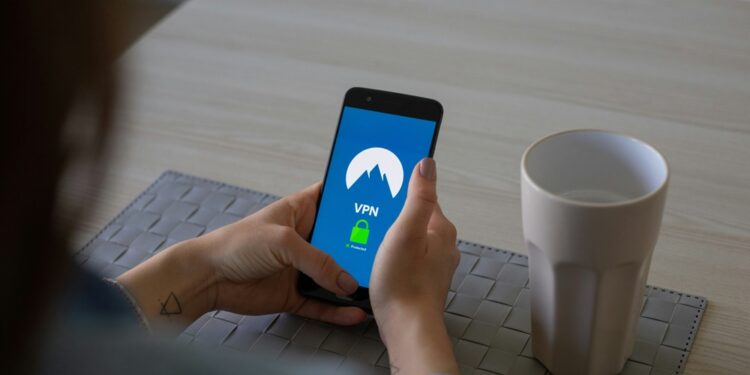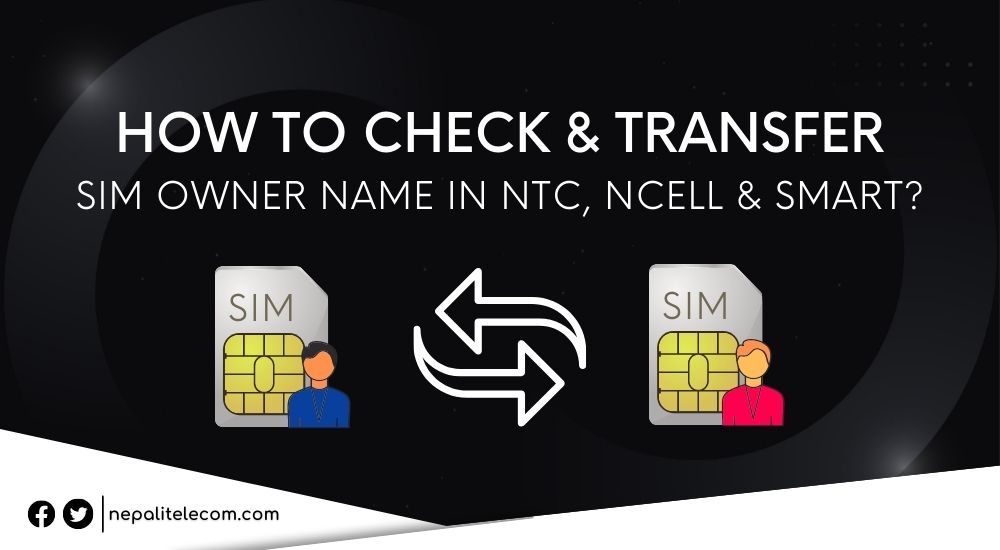In recent years, remote work has become an integral part of many businesses worldwide. With more employees working from home or on the go, ensuring online security has never been more important. Remote workers often access sensitive company data and perform crucial tasks while connecting to the internet from various locations, which makes them a prime target for cyber threats. This is where VPNs (Virtual Private Networks) play a critical role. VPNs provide an essential layer of security by encrypting internet connections, allowing remote workers to safely access internal networks and private data, no matter where they are. With the rising concerns about cybersecurity, a VPN offers a crucial solution to avoid online tracking and protect both personal and corporate information from malicious attacks.
VPNs Protect Against Public Wi-Fi Vulnerabilities
Using public Wi-Fi is one of the most significant problems remote workers face. Many people connect to the web in coffee shops, airports, and libraries, but these places don’t always have secure networks. Public Wi-Fi is at risk because hackers can easily intercept data sent across the network. Without proper security, critical company information, login details, and financial info may be exposed. This is the reason VPNs are used. With encryption, VPNs protect workers from dangers that may exist on unprotected networks. Because of the encryption, your online activities are protected, and hackers can hardly reach or change your data.
VPNs Protect Workers as They Access Company Networks
Many remote workers must use their company’s private network or internal systems to do their jobs. Logging in to these networks using an unsecured connection can expose workers to many security issues. The connection between a worker’s device and the company’s internal network is at risk of being hacked if a VPN is not used. It works by building an encrypted tunnel so employees can safely connect their devices to the company network.
How VPNs Protect Important Company Data
Protecting data is a business’s highest priority. Remote workers may need to work with sensitive information, such as client data, financial figures, and company secrets. When remote employees use the internet at home, in cafes, or in hotels, their data is vulnerable to cyber attackers. VPNs ensure all data is encrypted, so only authorized people can see it. If cybercriminals try to get their hands on the data, they will see just a string of encrypted characters, making it useless.
VPNs and Secure Communication Channels
Workers not in the office usually use email, messaging applications, and video calls to connect with coworkers, clients, and partners. These tools are easy to use, but hackers might use them if security measures are not in place. For example, if emails or video calls aren’t encrypted, they may be accessed by unauthorized persons, and sensitive information can be leaked. A VPN makes these communication channels safer by encrypting the link from the user’s device to the service.
The Importance of VPNs in Preventing Phishing Attacks
Phishing attacks are one of the main threats to people working remotely. Phishing attacks work by having cybercriminals pose as trustworthy companies, like an HR department or a bank, and get people to give their usernames, passwords, or credit card details. VPNs limit this threat by concealing the user’s IP address, so it’s harder for cybercriminals to track them. On top of that, high-end VPNs may have protection against malware and phishing, which makes it more difficult for users to fall for these kinds of attacks. VPNs provide an extra shield of anonymity and security, making it more challenging for attackers to carry out phishing scams on remote workers.
VPNs and How They Relate to Data Protection Rules
Many companies that hire remote workers must comply with data protection rules such as GDPR, HIPAA, or CCPA. The regulations often call for protecting sensitive data while it is transmitted, and not following these rules can result in hefty fines and harm to the company’s reputation. VPNs allow businesses to follow these rules by encrypting remote workers’ data when sent and received. A VPN lets companies ensure their remote employees protect data properly, thus reducing legal and financial risks.
Conclusion
Because remote work is now a key part of the workforce, it is more crucial than ever to make sure remote workers are secure. A VPN helps businesses protect their data, secure how information is shared, and stop many cyberattacks. By making online connections private and offering a safe route to company servers, VPNs help remote workers work well and safely. VPNs are essential in today’s highly digital and rapidly evolving cyber threat landscape, and they help protect the information of both workers and businesses, allowing remote teams to work safely from any location.












